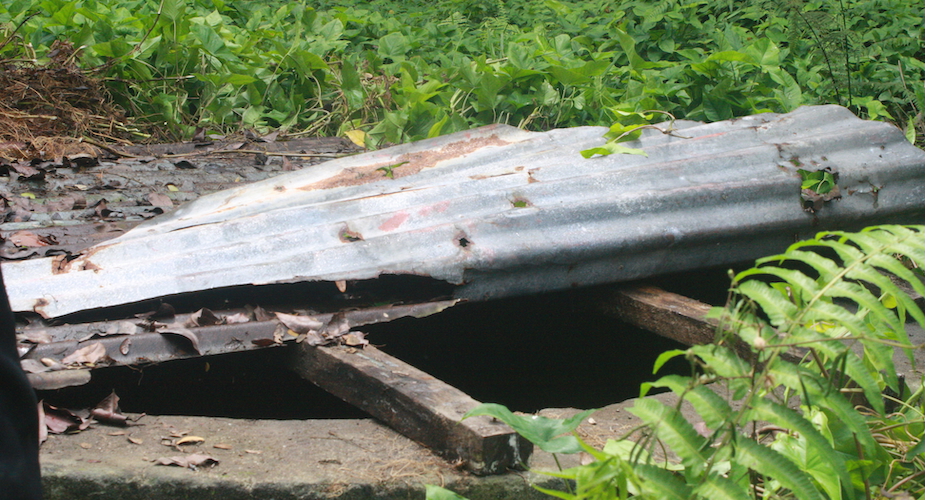1965 survivors in North Sumatra share their stories
Decades after the anti-communist purge of 1965, survivors in North Sumatra are still carrying the physical and emotional scars of forced labour and arbitrary detention. Now in their twilight years—aged 70 to 88—three survivors recently recounted their harrowing experiences, shedding light on a dark chapter of Indonesia's post-coup history that remains unresolved.
Though from different towns and backgrounds, all three were detained and subjected to forced labour between 1966 and 1975. They were labelled as affiliates or descendants of the Indonesian Communist Party (PKI), a stigma that extended to their families and communities. Under military orders, they were detained, monitored, and eventually deployed to labour camps and plantation projects across the region.
The machinery of forced labour
Forced labour—known from colonial and wartime histories—re-emerged in the wake of the 1965 mass arrests. Survivors describe being summoned by village heads and placed under the strict watch of military officers. Many were sent to clear land for plantations in areas such as Deli Serdang and Labuhan Batu. Others were forced to construct roads, convert forests into rice fields, or work under exploitative contracts with plantation companies such as PT P___.
One survivor worked under forced labour conditions for five years at PT P____, and then continued under private contractors—A____, K___, and B____—for another two decades. Others were taken to isolated sites in dense jungle, where they were made to clear land without pay or proper food.
‘Sometimes we were allowed to take home the crops we planted, but we could only return home once every six months,’ said one of the survivors. ‘We were under constant military supervision.’
Survivors also report systemic land seizure during this period. Under the pretext of updating land ownership documents, military and village authorities collected Land Registration Cards (KRPT: Kartu Tanda Pendaftaran Pendudukan Tanah). These documents were never returned—instead, they were reportedly handed over to plantation companies and destroyed. Without the KRPT, families lost legal rights to their land.
‘If we couldn’t show the KRPT, the military would say the land no longer belonged to us,’ said one su rvivor. ‘Many of us lost land that had been in our families for generations.’
TPU: More than just detention sites
Another term frequently mentioned by survivors is TPU (Tempat Penahanan Umum) —translated as General Detention Sites. Far from typical detention centres, TPUs were remote, uninhabited forest areas marked for plantation development by private companies. Survivors were sent there for two to five years, often without trial or due process.

According to testimony, food at these TPUs was minimal or withheld altogether. Survivors foraged for wild fruit and animals to survive. Eating without military or company permission often led to violent punishment. Many fellow detainees, survivors said, died from starvation or illness—buried anonymously in makeshift graves within the TPU itself.
‘These places weren’t just work camps—they were mass graves,’ said one interviewee.
The TPU system, implemented primarily between 1966 and 1975, coincided with the expansion of palm oil plantations across North Sumatra. Many of the lands cleared during this period are now part of Indonesia’s powerful plantation economy—yet for those who were forced to labour there, the cost was immense and the justice still elusive.
A legacy of injustice
When asked what the state should do today, the survivors voiced similar frustrations. Most talked of how long they had suffered, what had happened to them, and their deep trauma. Most also believe the government has neither acknowledged their suffering nor made meaningful steps toward restitution.
‘We’re not even asking for everything—just for the little bit of land that used to be ours,’ said an 88-year-old survivor, still battling in court to reclaim his family’s land.
In the silence of my thoughts, I wonder if there is any time limit for restitution. I answer to myself; no, there isn’t. This history must be revealed, and resolved justly, and the names and suffering of the victims must be healed. Their rights must be restored.
Calls for reconciliation, compensation, and historical truth-telling continue to echo across the archipelago. But for many 1965 survivors, time is running out.
Quadi Azam is a field researcher for the ITTP, and works with the Indonesian Association of Families of the Disappeared (Ikatan Keluarga Orang Hilang Indonesia, IKOHI), North Sumatra. Previously, he was the North Sumatra Coordinator for the International People’s Tribunal for 1965 (IPT65).












